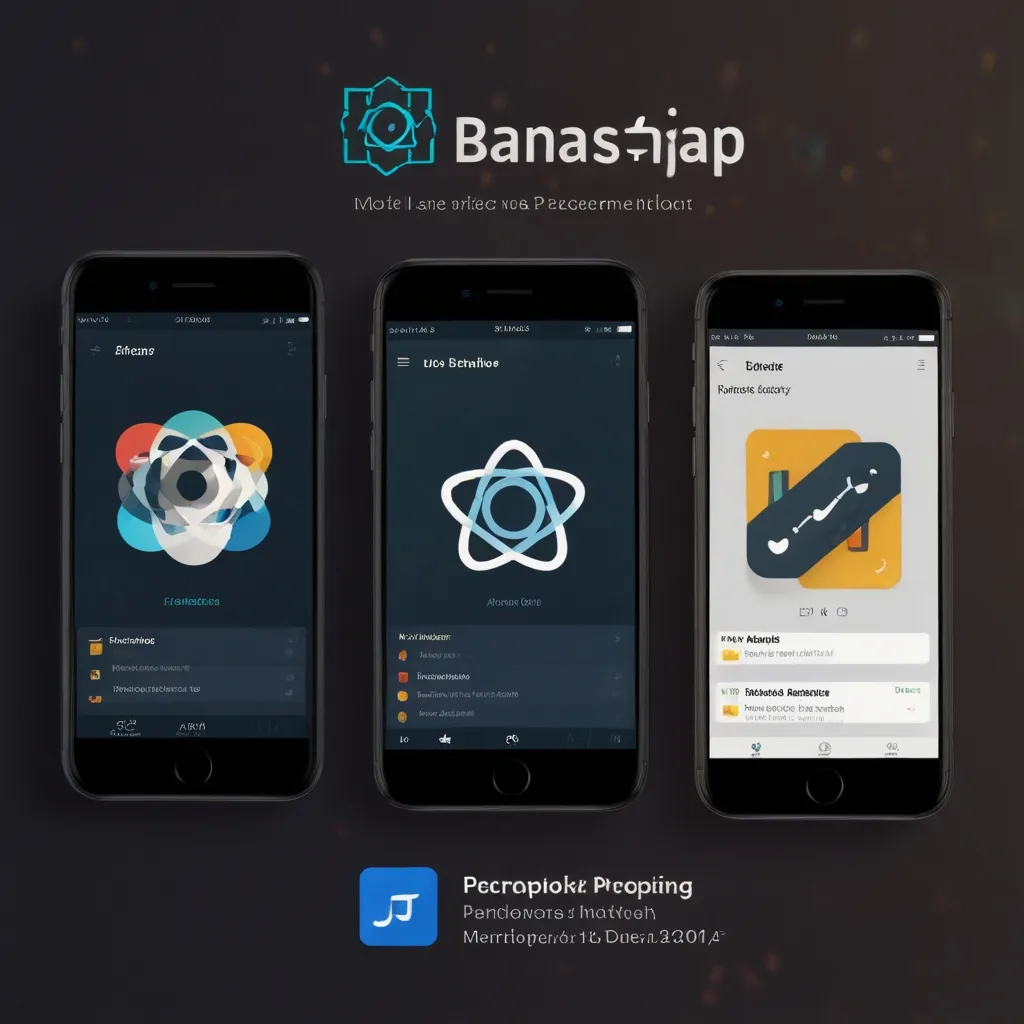When diving into mobile app development, one of the game changers has been JavaScript, especially when used with various frameworks. These frameworks are the secret sauce that lets developers craft powerful, cross-platform mobile applications swiftly, harnessing the full potential of JavaScript.
Why JavaScript is a Rockstar for Mobile Apps
JavaScript has skyrocketed to stardom in mobile app development for good reasons: it’s super easy to use, cost-saving, and backed by a huge community. Unlike traditional native app development that needs separate code for iOS and Android, JavaScript frameworks allow writing the code once and running it across multiple platforms. This is a big win as it slashes development time and costs, which is a godsend for both startups and big players.
JavaScript Frameworks: What Makes Them Awesome?
The standout feature of JavaScript frameworks is their cross-platform compatibility. This means apps can seamlessly run on iOS, Android, and even Windows, which is a blessing for businesses aiming to reach a vast audience without the hassle of juggling multiple codebases.
These frameworks also speed up development. They come packed with pre-built libraries, templates, and components. For instance, React Native offers live reload and code reusability, which means developers can see changes in real-time and reuse components. This is a huge time-saver.
Moreover, these frameworks deliver a native-like experience. Frameworks like React Native and NativeScript use JavaScript and CSS to render animations and UI components, making the app feel smooth and intuitive, just like a native app.
And let’s not forget the vibrant community backing JavaScript. There are endless resources for learning and troubleshooting. For instance, React Native is supported by Facebook, ensuring regular updates and a plethora of help from fellow developers.
Top JavaScript Frameworks for Mobile App Development
One of the hottest JavaScript frameworks out there is React Native. This tool allows developers to build cross-platform apps using React, the popular library for user interfaces. By using React Native, developers can share front-end and presentation code between different mobile platforms, boosting productivity and speeding up the development process. Imagine building a social media app with a single codebase that works on both iOS and Android. That’s React Native doing its magic.
Another big player is NativeScript. It lets developers whip up native mobile apps using JavaScript, TypeScript, or Angular. The best part? It has a low learning curve. If you’re already comfortable with JavaScript and CSS, you can start building mobile apps without breaking a sweat. Plus, it allows code sharing across platforms and offers access to native APIs for a genuine native app vibe.
Let’s not overlook Ionic. This hybrid framework uses web technologies like HTML, CSS, and JavaScript to build mobile apps. It’s a treasure trove for web developers wanting to transition into mobile app development. Supporting both Angular and React, it’s a versatile option for various development teams. Ionic is perfect for apps needing to integrate with web services, providing a robust toolkit to create interactive and responsive mobile experiences.
Choosing Your Weapon: The Right Framework
Picking the right JavaScript framework can be quite the head-scratcher given the plethora of options. But here’s a simplified guide to help you choose.
First, consider the project requirements. If you’re after a native-like experience and need to share code across multiple platforms, React Native or NativeScript is your best bet. For projects relying on web technologies, Ionic might be the perfect match.
Next, look at your development team’s skills and experience. If they’re pros at React, React Native would be a natural choice. If they’ve got experience with Angular or Vue, NativeScript could be a better fit.
Strong community support is also crucial. Opt for frameworks with a robust community to ensure access to abundant resources like documentation, tutorials, and forums, which can be lifesavers when you hit a snag.
Getting Started: Roll Up Your Sleeves
Starting with JavaScript frameworks for mobile app development is pretty straightforward. Kick-off by mastering the basics of JavaScript, HTML, and CSS—these are the foundational blocks for most frameworks.
Afterward, choose a framework that aligns with your project needs and team’s skills. For building cross-platform apps with a native-like feel, React Native is an excellent starting point.
Lean on official resources for learning. Most frameworks come with extensive documentation and tutorials. For instance, React Native provides a detailed official guide and courses to help you hit the ground running.
Don’t forget to join the community. There’s a treasure trove of knowledge in online communities and forums related to your chosen framework. It’s an excellent way to learn from others, get help when you’re stuck, and stay in the loop with the latest updates.
Real-World Achievements
To showcase the real-world prowess of these frameworks, let’s peek into some notable examples.
Instagram’s mobile app, for instance, was crafted using React Native. This allowed the developers to share code between iOS and Android, maintaining a cohesive user experience across both platforms.
Ionic has been a favorite for building progressive web apps that deliver smooth mobile experiences. These apps can be installed on the home screen and even offer offline support, making them feel just like native apps.
Wrapping it Up
JavaScript frameworks have revolutionized mobile app development by balancing efficiency, cost-effectiveness, and performance. Choosing the right framework and leveraging JavaScript’s capabilities enables developers to build robust, cross-platform mobile apps that meet today’s high user expectations.
Whether you’re developing a social media app, a productivity tool, or an engaging game, frameworks like React Native, NativeScript, and Ionic offer the tools and support you need to thrive. With a vast community, extensive documentation, and a no-fuss approach, these frameworks make mobile app development genuinely accessible and manageable.






